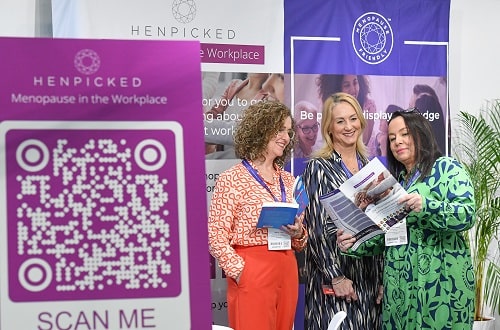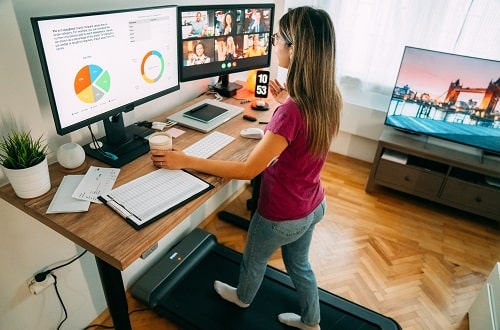Features
Turning bad news into brilliant work
There are some people who get quite cross at the news – for example on hearing about homelessness or the growth in the use of food banks across the UK, knowing that we are one of the richest countries in the world by GDP per head. Others simply get depressed about the violent chaos in the Democratic Republic of Congo, the latest white supremacist tweet from Trump, or the interminable discussions about backstops. But neither anger nor depression are particularly creative responses, nor are they good for individual health or efforts to improve things.
In our work in health and safety, improvements are what we are after. This means that accident and ill health statistics, the commonest and simplest form of news that we see, shouldn’t be allowed to either incense or depress. The data is always both a call to action and a guide to what actions are most effective.
That is the reason we sometimes have to spend a lot of time staring carefully into the rear-view mirror, looking at things in an analytical way, seeking understanding of causes and their effects. But the priority is always looking forward, asking what we can do to make things better, safer and healthier. And we know that sometimes better means accepting a level of performance but achieving it with less effort and fewer resources; we want efficiency as well as effectiveness.
That is why the British Safety Council often issues a ‘call to arms’. There are many examples of our campaigns, such as those for car seat belts, for mandating anti-jack-knife devices for articulated lorries, for the safety of young people, for a safe London Olympics. Our latest, about to launch, is Time to Breathe, a campaign using the app Canairy to help outdoor workers avoid the worst of air pollution as the public health crisis continues to claim thousands of lives every month.
Most of our work is more diffuse than specific, public campaigns crucial though they are. The British Safety Council report on wellbeing in the workplace Not just free fruit: wellbeing at work. A literature review, published in December, is a good example of how together we keep informed so that our day-to-day workplace efforts are better tuned, more impactful, more effective. That is why, regularly and frequently, we issue specific risk guidance booklets, posters, and this magazine, so that whether its manual handling or safety in the office, as a collective, we are raising and maintaining standards.
Above all, we try not to get angry, or depressed, but to get even better. So, when you hear that in the same week that £85 million is cut from public health budgets the government is spending £100 million on emergency ferry arrangements – including with a start-up company with no ships – your response should be to join us in ensuring that health and safety legal protections are safeguarded during Brexit.
When you hear of the awful wait for some young people to access mental health care, you join Mates in Mind and raise awareness. When you hear that cuts to HSE reduce inspections, you review your own monitoring programme, knowing that it is underpinned by a Five Star Audit. You don’t (only) get angry or depressed, you take action because you are part of the British Safety Council.
And anyway, as a ‘family’ we are glad the glass is half full. We spend as much time, perhaps more, celebrating those aspects of our working lives that are good, recognising that most of the time most people don’t have accidents. We celebrate their successes and also, perhaps even more importantly, we celebrate their efforts to keep themselves and others safe and healthy. We turn bad news days into good by relentlessly identifying the brilliant work that people do, and rewarding it with everything from praise to prizes. Because good health and safety really is a good news story.
FEATURES

Watercooler Event to hone in on eight trends in employee health and wellbeing
By Claire Farrow, Make a Difference Events & Media on 15 April 2024
The free-to-attend Water Cooler Event at ExCeL London on 23–24 April will see more than 6,000 workplace experts coming together to explore the latest thinking, solutions and best practice for supporting and boosting employee wellbeing, diversity and workplace culture.

Sedentary working and how to combat the ‘sitting disease’
By Gavin Bradley, Active Working on 05 April 2024
Prolonged and excessive sitting poses a major risk to our health, but the Get Britain Standing campaign and On Your Feet Britain Day on 25 April are a great way of encouraging workers to sit less and move more.

Company culture and wellbeing: a crucial link
By Bex Moorhouse, Invigorate Spaces on 05 April 2024
Investing in measures to support worker wellbeing will be ineffective unless the company culture genuinely incorporates values like teamwork, involvement, flexibility and innovation.



